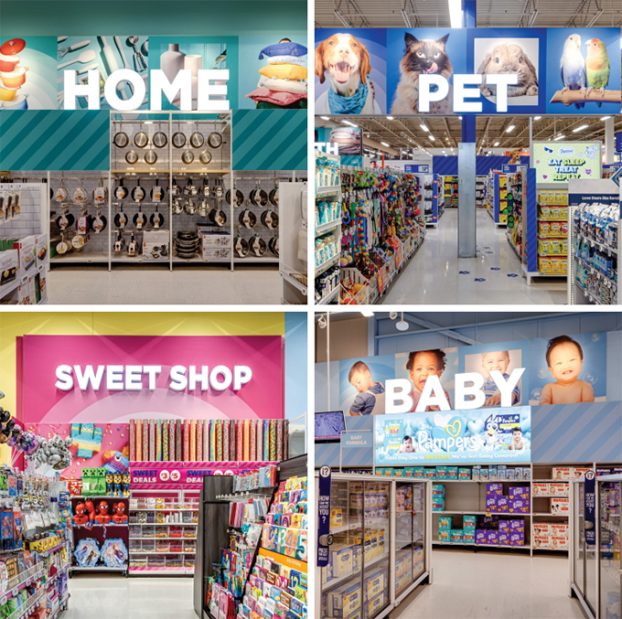LePage’s has yet to sit down with its new owners to discuss specific marketing strategies, but the mood has been buoyant at the adhesives and home repair products manufacturer since the recent change of ownership.
On June 30, Germany-based Henkel, through its wholly owned Canadian subsidiary Henkel Canada, bought Brampton, Ont.-based LePage’s from National Starch & Chemical, a division of Unilever.
Henkel is a major adhesives manufacturer with broad consumer distribution in Europe, Africa and Asia.
Laird Robertson, market development manager with LePage’s, says the new owner has made it clear it expects LePage’s to ‘get more aggressive’ in the consumer marketplace.
‘From the head office, right back to the person in the plant who sweeps the floor, this is viewed as a great development,’ Robertson says.
National Starch & Chemical, which bought LePage’s in the late 1960s, was viewed by LePage’s employees as a rather distant parent in recent years, not particularly interested in the adhesives industry.
LePage’s advertising is handled by Toronto-based Prism Communications and Robertson says no agency change is expected as a result of the switch in ownership.
For Henkel, the purchase of LePage’s provides it with a strong presence in Canada and a beachhead for a potential future assault on the more lucrative u.s. market.
Henkel’s current business on the continent consists primarily of the manufacture and sale of industrial adhesives and of specialty chemicals for the plastics, textile and pharmaceutical industries, among others.
In addition, it markets a limited range of Henkel-brand consumer products through independent distributors.
Alan Blignaut, director of human resources at Mississauga, Ont.-based Henkel Canada, says LePage’s will be run as a separate division, adding the ‘LePage brand name and other trade names it uses will be continued.’
It is expected Henkel will introduce new Henkel brand products to Canada, but Blignaut says no decisions have been made.
‘Henkel’s approach is to be a market leader and to use whatever methods to obtain and keep market leadership,’ he says.
LePage’s President Chuck Homer says LePage and its new owners will spend the next several months analyzing the market and developing a business plan.
Homer says the real impact of ownership change will ‘begin to appear in the market next year.’
LePage’s consumer products roster includes LePage brand adhesives and decorating tools, Poly brand wall patch and repair materials, Rez stains and Perma floor covering materials.
The firm also markets a range of adhesives to the construction industry.
For competitive reasons, LePage’s does not release sales figures, but Robertson will say one-third of the company’s total sales derive from its adhesives lines, with the lion’s share of that coming from consumer brands.
There are no third party industry statistics regarding the size of the market for adhesives and home repair products or the share held by the various manufacturers.
Over the last year or so, LePage’s has been moving to increase the prominence of the LePage name on its Poly-, Rez- and Perma-branded products.
Robertson says the design changes are part of LePage’s strategy of focusing ‘100%’ of its marketing communications budget on packaging and point-of-purchase.
He says people tune out ads about home repair products when they are not in the market for them, adding ‘sales promotions don’t work either because people won’t stock up on products like hole filler in advance.’























